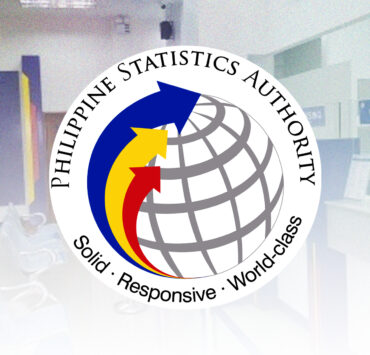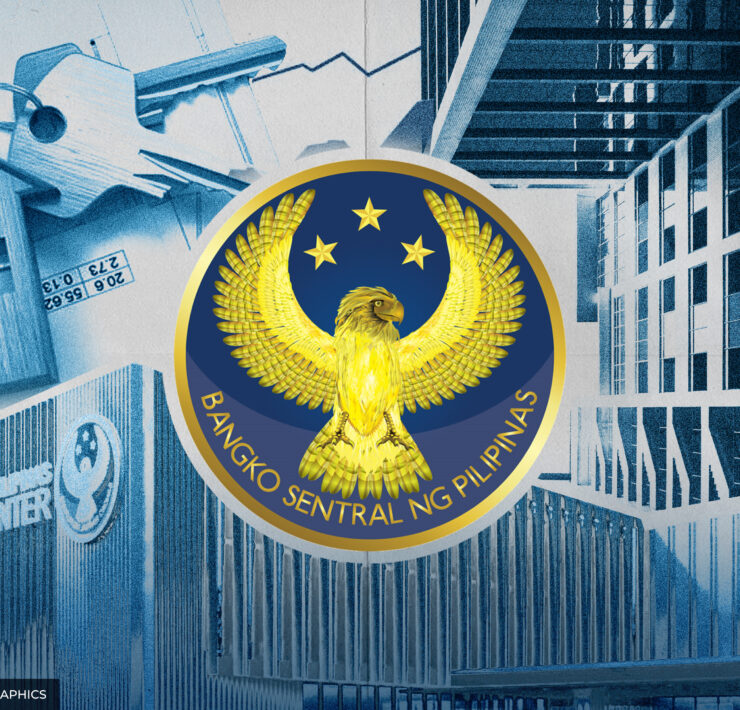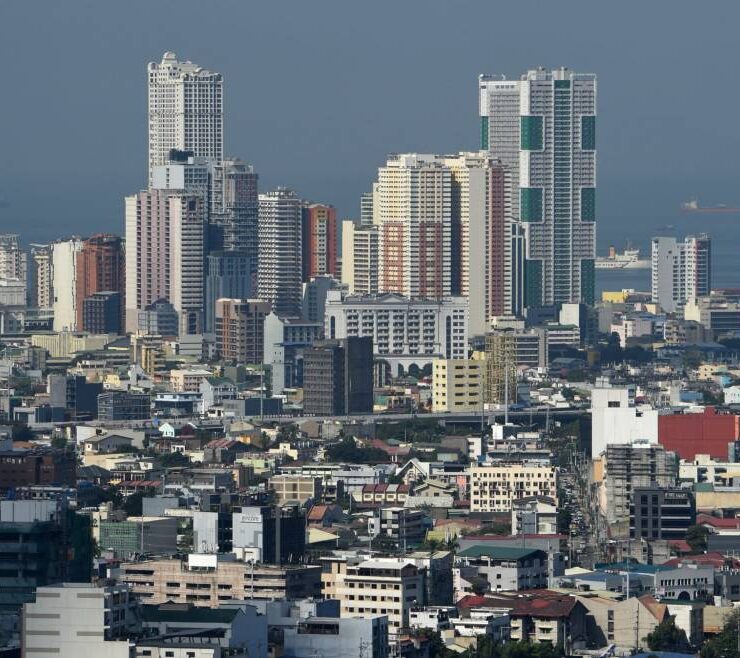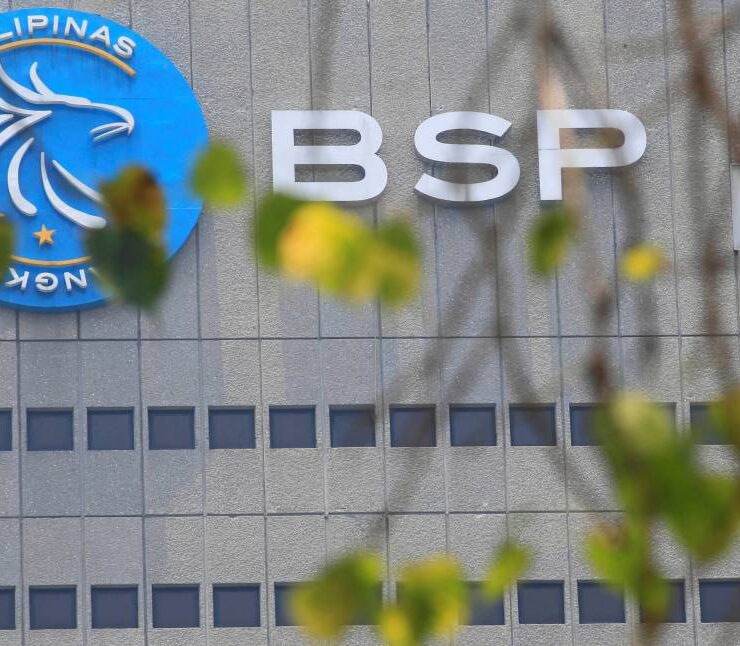PH debt stock eases to P17.455T in Sept
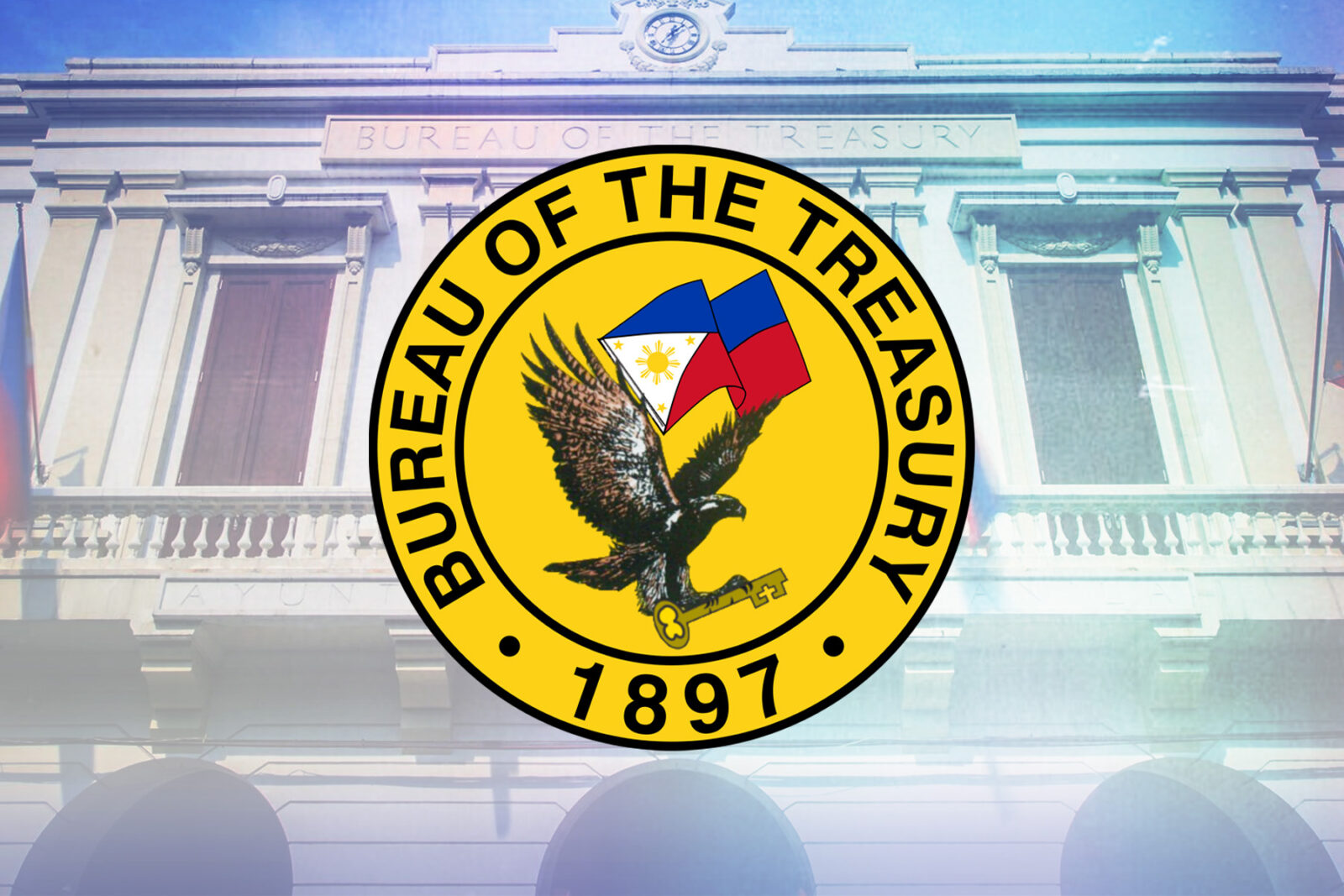
The national government’s total debt stock decreased for the second month in a row, easing to P17.455 trillion at the end of September, according to the Bureau of the Treasury.
The national debt stock was P13 billion less than the P17.468 trillion recorded at the end of August.
This developed as Fitch Ratings warned that headwinds from American tariffs were already affecting the fiscal consolidation efforts of several governments in the Asia-Pacific region, including the Philippines.
“The continued decrease reflects the government’s sound fiscal discipline, strategic borrowing strategy, and proactive liability management, supported by steady market conditions and robust domestic investor confidence,” the Treasury said on Thursday.
Based on Treasury data, the country’s obligations peaked at P17.564 trillion last July, as did domestic debt at P12.108 trillion.
At end-September, financing from local lenders was pegged at P11.97 trillion or 0.9 percent less than a month earlier.
The Treasury said that total repayments exceeded new issuances, which offset the impact of an upward revaluation from the peso depreciation against the retail dollar bonds.
On the other hand, funds from foreign lenders reached a new peak at P5.482 trillion, or 0.05 percent higher than the level in August.
The Treasury said this was mainly due to the weaker peso.
Domestic debt accounted for 68.6 percent of total debt stock.
This is “consistent with the government’s policy of reducing foreign exchange risk while deepening domestic capital market development.”
According to Fitch Ratings, policy responses to the weaker global demand and uncertainty will be key toward easing the impact of the headwinds on sovereign credit profiles.
“Some governments are raising spending to support households to alleviate the high cost of living, even though inflation is largely subdued in APAC, often signaling weak domestic activity,” the credit rating agency said.
“We think that recent violent protests in some countries, such as Nepal, Indonesia and the Philippines, could add to spending pressure,” Fitch Ratings added.















